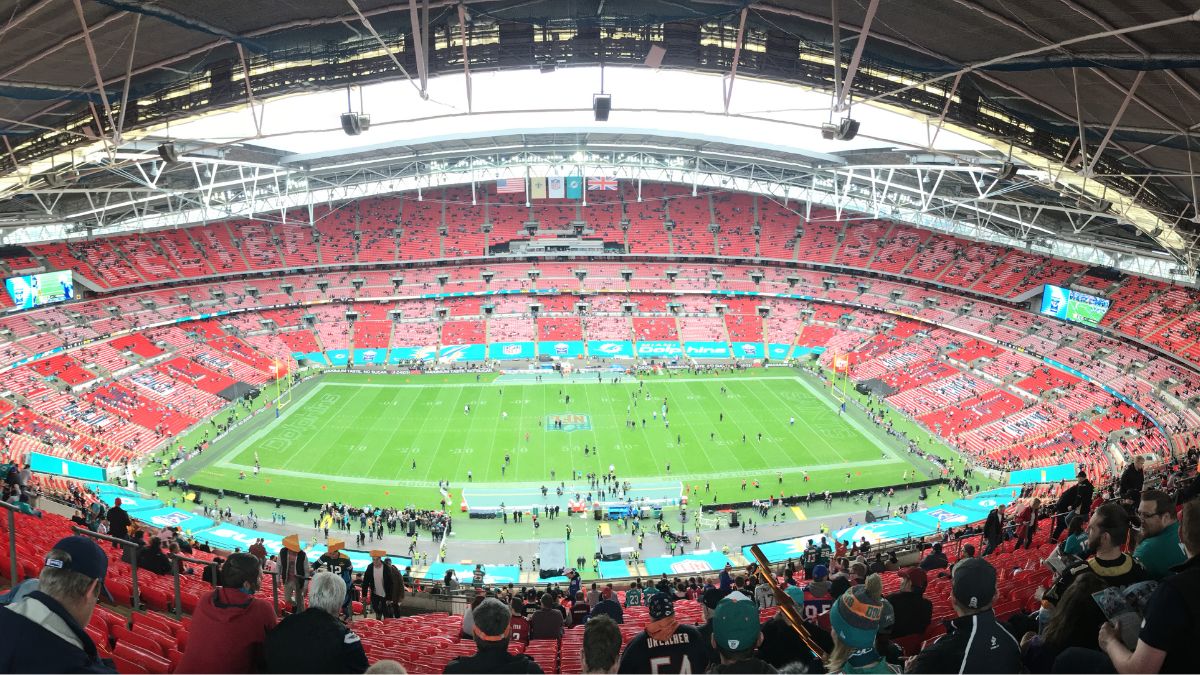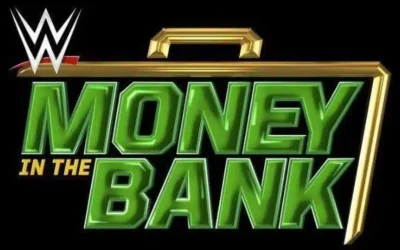The National Football League is reportedly exploring sweeping changes to how it manages ticketing once its current contracts expire in 2027 — including the possibility of creating or owning its own ticketing platform.
According to a report by Sports Business Journal, league executives are evaluating options ahead of the March 2027 expiration of its existing network agreements with Ticketmaster, SeatGeek, and Sports Illustrated Tickets. The NFL’s team-level primary ticketing contracts include provisions that could allow the league to consolidate ticket control at the league level, a move that would represent a major shift from the current decentralized model.
Among the possibilities under discussion, sources told SBJ, are scenarios in which the league would:
- Take an ownership stake — or outright control — of a new primary ticketing platform, capturing both fees and long-term valuation growth;
- Retain all fan data and digital ticketing experience within the NFL ecosystem; and
- Restrict or prevent resale activity outside official NFL channels.
The NFL sold roughly 18.9 million tickets in 2024, giving it enormous leverage in any restructured ticketing model. However, analysts point out that similar attempts at centralization have faced hurdles in other leagues. Major League Baseball, for example, sought to make Tickets.com its exclusive online ticket seller in the early 2000s but met resistance from teams with preexisting deals and stronger independent businesses.
Industry observers note that any such NFL move would face both logistical and legal challenges — particularly amid ongoing uncertainty around the federal antitrust case facing Ticketmaster, which heads to trial in March 2026. Some insiders believe the league’s exploration of new models could also serve as leverage in future negotiations with existing partners rather than an immediate plan for independence.
Still, league owners appear increasingly interested in determining whether a fully league-owned ticketing ecosystem could be both operationally feasible and financially advantageous — potentially reshaping one of the largest segments of the live events market.




